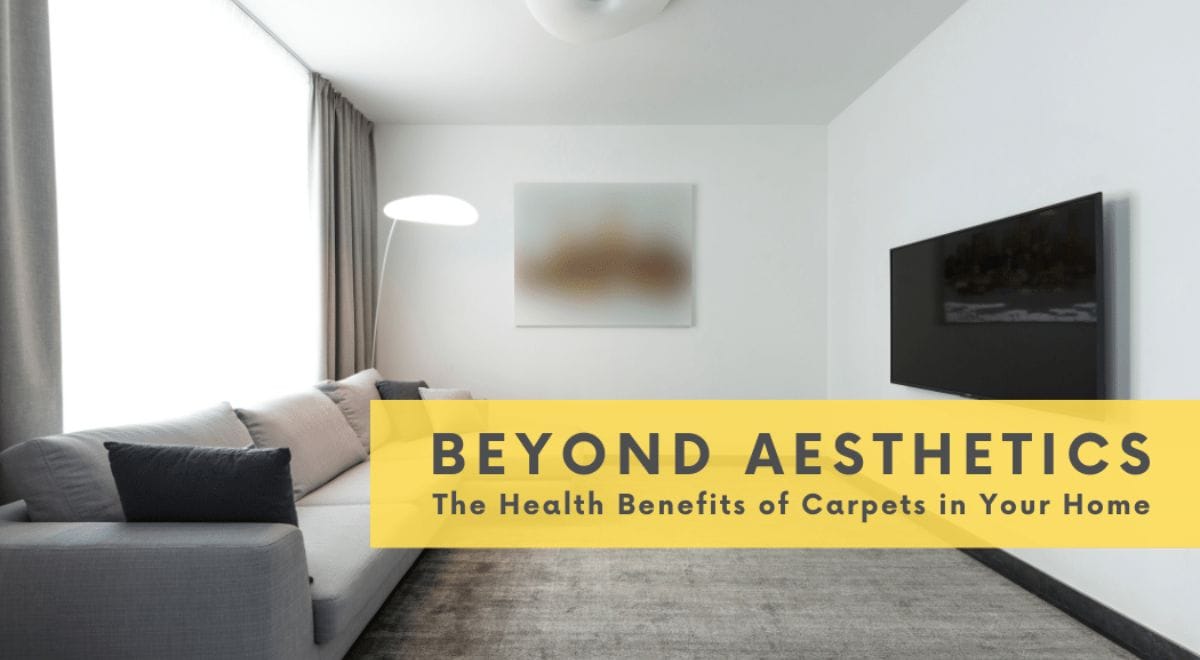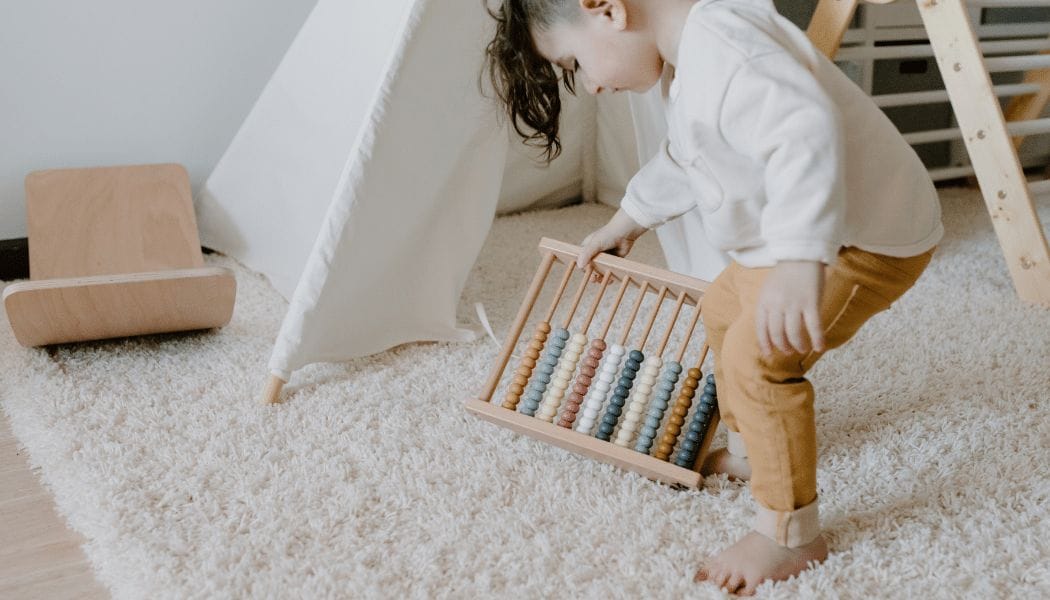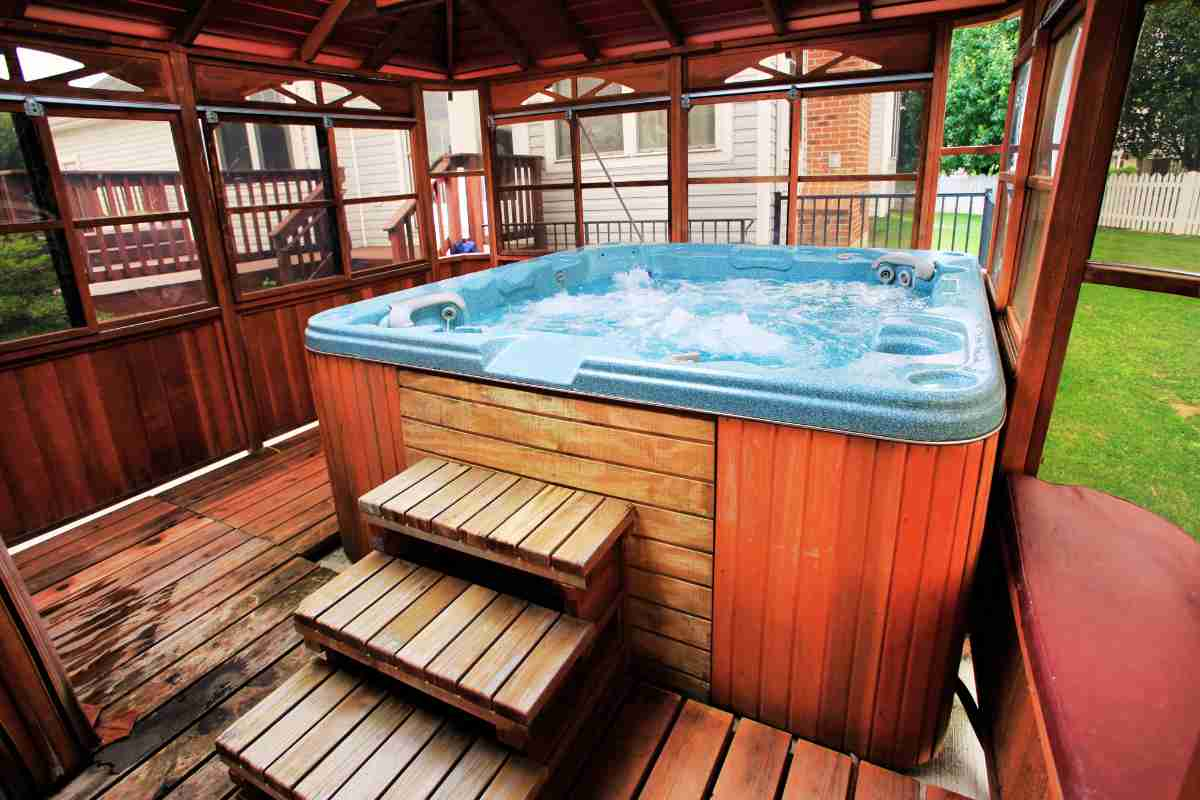Beyond Aesthetics: The Health Benefits of Carpets in Your Home
If you thought carpets were just for show, think again. Learn how having carpets in your home can benefit your health.

The general image that a carpet evokes in people is that of Aesthetics and Comfort. They definitely add color and style to a room, but they go beyond that. They do more than just spread out and look good on your floor. They can benefit your health in surprising ways. So, shop the latest trends in carpets and rugs online or in the nearby physical stores selling them.
Although there are a few misconceptions about carpets having an adverse effect on health, most stem from using a dirty carpet, or from using carpets made of harmful materials. The majority of the benefits mentioned in this article can only be attained if you use a clean carpet. Most carpets don’t need regular cleaning anyways, so keeping your carpets clean should not be difficult, especially when you make use of carpet cleaning hacks.
Here are the five benefits of carpeting your floors-
Air Quality
It is one of the most noticeable benefits of a carpet. Carpets are very good at trapping dust and other small particles circulating in the air, thus proving very effective at preventing your nose from going on a sneezing spree. In a sense, carpets act as a filter keeping the air clean by locking away these particles from the air you breathe. You are bound to notice the difference in air quality with and without a carpet.
Just be sure to clean your carpet regularly so that it continues to effectively trap dust and other particles. Additionally, periodic deep cleaning using steam cleaning or professional carpet cleaning services can further ensure that your carpet remains clean and contributes positively to indoor air quality.
However, it's worth noting that carpets can also harbor allergens and pollutants if not properly maintained. In humid environments, carpets can become breeding grounds for mold and mildew, adversely affecting air quality and triggering respiratory issues. Therefore, proper ventilation and moisture control are essential to prevent such issues.
Reduced Allergies
If you are trying to form a sensible connection between carpets and allergies, here’s a clue- the previous point. Good for you if you figured it out, you can have our site cookies. Don’t fret If you haven’t though, you can get our site cookies too.
In the previous point, we mentioned that carpets trap dust and other small particles, it is now time to reveal some of those small particles- Pollen, dander, pet hair/fur/feathers, and mold. All of these particles can easily travel through the air, and these particles are known to trigger allergies in certain people. Yes, because the carpets are able to trap these particles, they are indirectly reducing allergies.

Better Acoustics
There is no need to check the title after reading this point’s heading. Acoustics impacts health too, by saying health we don’t exactly mean your eardrums. Carpets are not effective enough to save your eardrums from loud noise, maybe they could help if you wrap yourself in one, but that is hardly a plausible solution. The health it benefits is your mental health. Mental health is important too, so don’t just brush it off with a shrug.
Carpets absorb sounds to some extent. It is effective against echoes, footsteps, low levels of chatter, and other noises that can prove to be annoying. This can effectively make your room quieter and give you some peace, which is super essential for your mental health.
Increased Safety
Hardwood-covered and Tiled floors are usually smooth, any spills on them can further cause unsavory incidents, especially slips. Slips are unpredictable, after encountering one you can either walk away with an embarrassed smile or be carried off with a broken back. This is where carpets can level cushion the playing ground.
With carpets, the chance of slipping is very low, and even if anyone falls on the off chance, the carpet can cushion the fall and prevent major injuries. Homes with children and the elderly can benefit greatly from this.

Good Insulator
Carpets are great at providing insulation, meaning they can act as an additional layer of insulation for your home. This keeps your home warmer in winter and cooler in summer, hence keeping your energy costs lower. This also means that you are less susceptible to colds and pneumonia when the temperature drops.
Choosing the best carpet for your home involves considering several factors such as lifestyle, material, durability, style, budget, and maintenance requirements. Prioritize a durable and stain-resistant carpet if you have children, pets, or high foot traffic. Wool, nylon, polyester, and olefin offer various benefits. Wool is luxurious but expensive; nylon is highly durable and easy to clean, polyester is soft and budget-friendly, and olefin is moisture-resistant.
Set a budget that considers long-term investment, as higher-quality carpets tend to last longer. Darker colors can hide stains better, while lighter colors can make a room appear larger. Choose between cut pile, loop pile, or cut-loop pile based on aesthetics and performance. Ensure the carpet's durability matches the traffic levels in your home. Consider maintenance requirements like vacuuming and stain removal. Set a budget that considers long-term investment, as higher-quality carpets tend to last longer.
All of these benefits mean nothing if your carpet is dirty. It can make it worse by causing allergies instead of preventing them. This makes it essential to keep your carpets clean. If you are not able to clean them by yourself, then at least get professional carpet cleaners to do it for you.




Comments ()